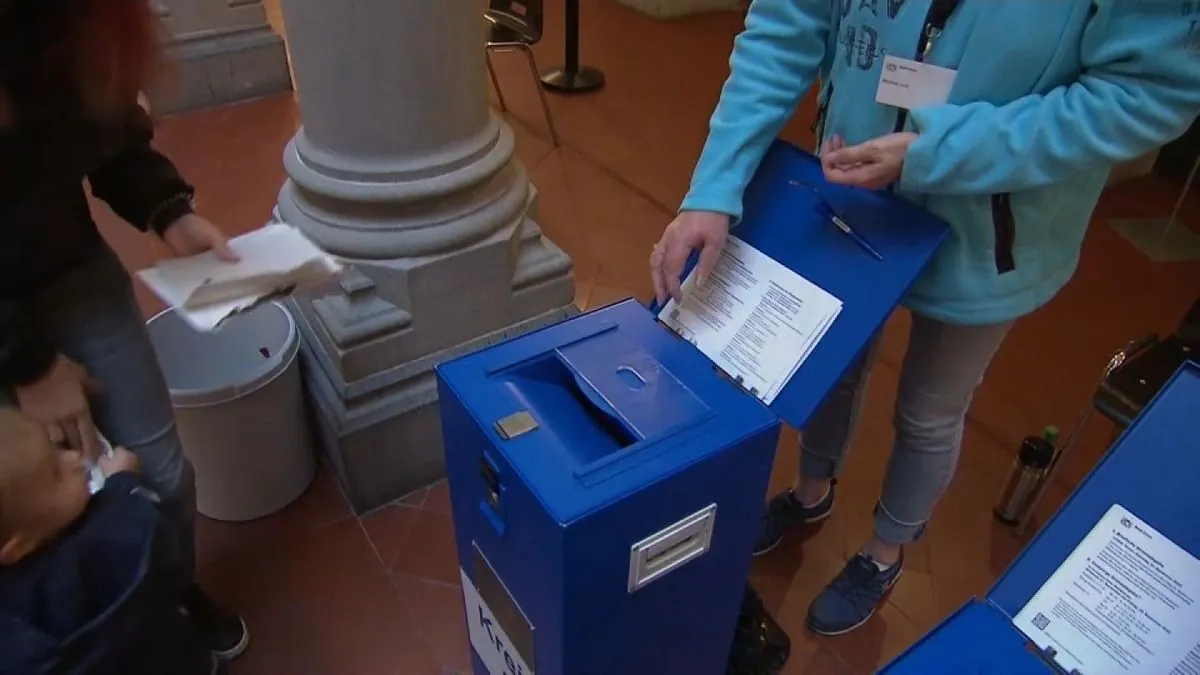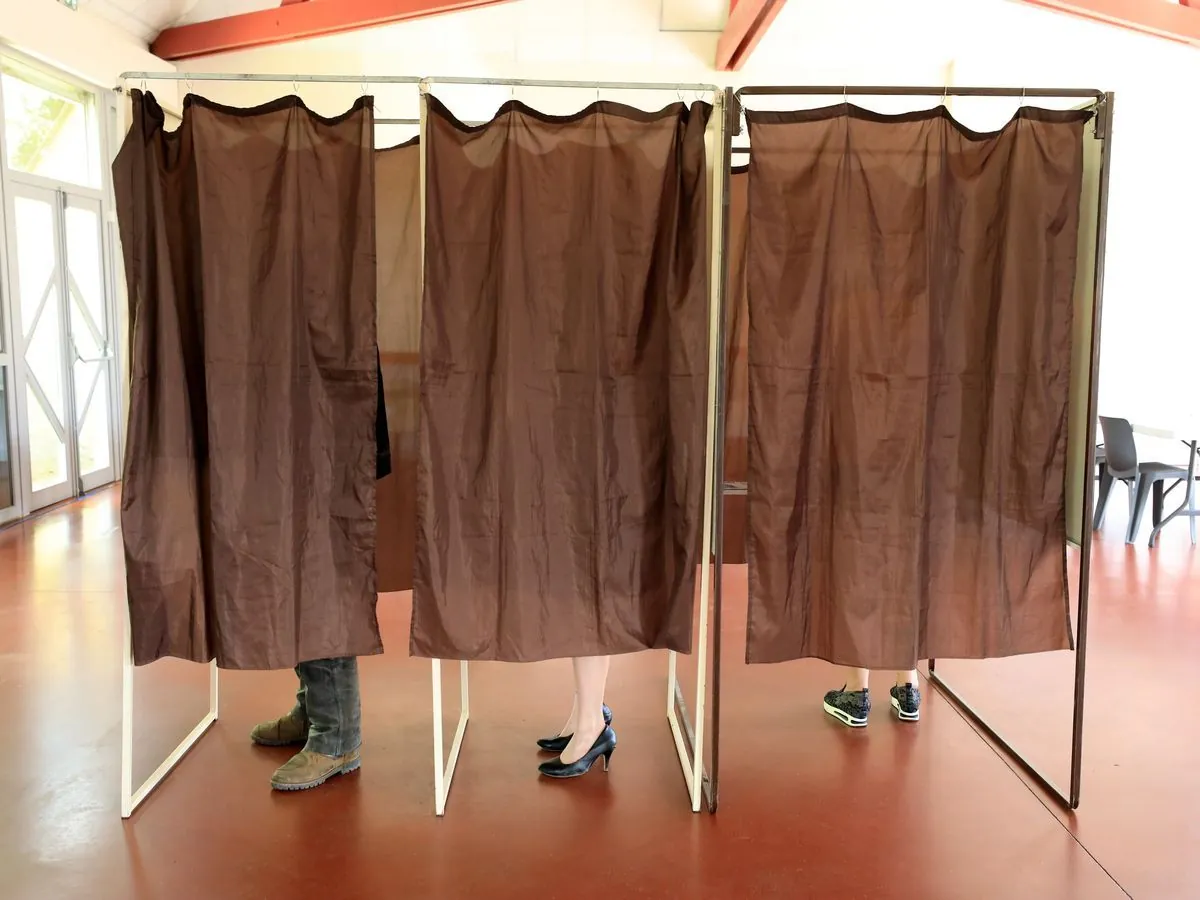Swiss Democracy Shaken: Probe Launched into Alleged Voter Fraud
Swiss prosecutors investigate potential electoral fraud after discovery of fake signatures in voter rolls. The case raises concerns about the integrity of Switzerland's renowned direct democracy system.

In a development that has sent shockwaves through Switzerland's renowned direct democracy system, federal prosecutors have initiated an investigation into possible electoral fraud. This action comes in response to the discovery of thousands of fake signatures in voter rolls by an advocacy group.
The case, which has garnered significant attention in Swiss media, centers around the "Service Citoyen" (Citizen Service) initiative. The group's co-president, Noemie Roten, commissioned an external firm to collect approximately 10,000 signatures for voter rolls in 2023. Upon review, it was revealed that nearly one-third of these signatures appeared to be fraudulent, featuring bogus addresses, falsified birth dates, and repeated entries.

This revelation has raised serious concerns about the integrity of Switzerland's democratic processes. The country is known for its unique system of direct democracy, where citizens vote on federal issues about four times a year. This system, introduced by the Swiss Federal Constitution of 1848, allows citizens to have a direct say in policymaking through frequent referendums.
In response to these findings, Roten compiled a comprehensive 236-page report and submitted it to the Swiss attorney-general's office. The office has confirmed that it is actively investigating the matter, including conducting house searches and interrogations.
"This could indeed jeopardize the confidence that Swiss citizens have in direct democracy."
The timing of this investigation is particularly significant, as Switzerland is preparing for its next referendum on September 22, 2024, which includes a vote on a biodiversity project. This upcoming referendum highlights the frequency and importance of such votes in the Swiss political system, which boasts the highest number of referendums of any country worldwide.
The Swiss system of direct democracy is characterized by several unique features. It allows any citizen to challenge a law passed by parliament and propose changes to the constitution via popular initiative. Constitutional amendments require a double majority in referendums, adding an extra layer of democratic safeguarding.
While Switzerland's political system is renowned for its stability and continuity, this case has raised questions about potential vulnerabilities. The country has been experimenting with electronic voting in some cantons since 2003, but mail-in balloting remains the primary method for most voters.
The Swiss Federal Council, consisting of seven members from different political parties, embodies the country's commitment to consensus democracy. This multi-party system, combined with direct democratic tools, has long been studied as a model by other nations.
As the investigation unfolds, many are watching closely to see how this case might impact voter turnout, which typically averages around 40-50% in Swiss referendums. The outcome of this probe could have far-reaching implications for the trust Swiss citizens place in their unique and cherished democratic institutions.


































